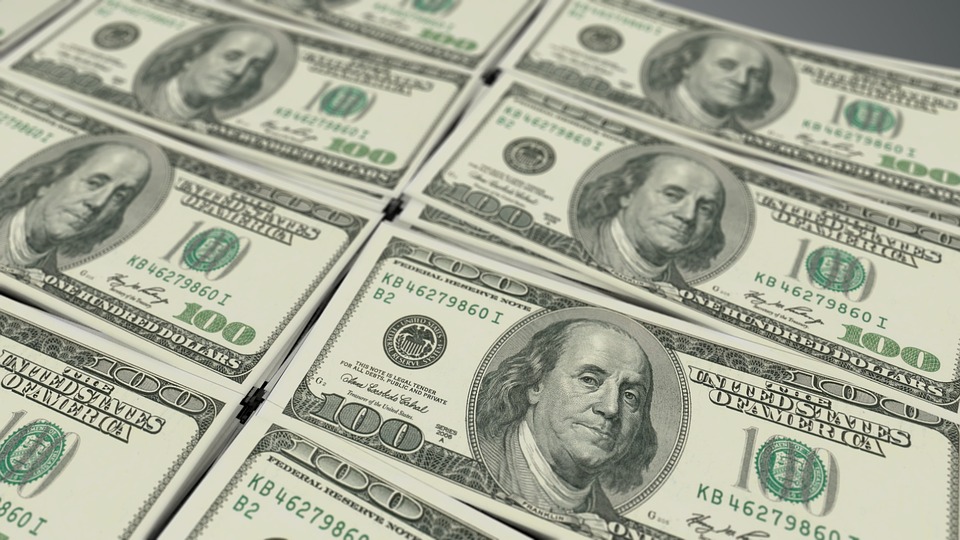State Dental Group Has Big Teeth
Has spent $2.4 million on campaign donations and lobbying, getting a dozen bills it favors passed.
This statewide trade group, with 3,100 member dentists, has generated $2.4 million in campaign contributions and spending on lobbying since January 2011.
In recent months, the Wisconsin Dental Association has been criticized by other special interests for opposing Assembly Bill 81 and Senate Bill 89, which would license dental therapists. Dental therapists, who are often compared to physician’s assistants, perform dental operations, like filling cavities, pulling teeth and setting crows under the supervision of a dentist.
Lobbying records show the organization spent about $95,800 on lobbying during the first six months of 2019 and that it spent about half of its time opposing the dental therapist licensing bills.
Supporters of the bills say dental therapists are needed to provide more dental care to parts of the state lacking dentists. Federal data shows 64 of Wisconsin’s 72 counties, including parts of Milwaukee County, have a shortage of dentists.
That trend, says the association, will likely continue even if dental therapists are licensed because the bills do not require them to work in underserved parts of the state or to take Medicaid patients.
The bills have the support of about three dozen groups, including Wisconsin Manufacturers & Commerce (WMC), Wisconsin Hospital Association, AARP, the Coalition of Wisconsin Aging Groups, and Americans for Prosperity, the rightwing, Koch-backed electioneering group.
Democratic Gov. Tony Evers also supports the bills. Evers laid out a dental therapists plan earlier this year in his proposed 2019-21 state budget, but majority GOP legislators killed the plan.
The association successfully opposed similar bills in the last legislative session in 2017-18.
Since 2011, the association has spent about $1.5 million on lobbying and used a stable of four to seven lobbyists in each two-year legislative session to move its agenda forward. Most of the bills the association backed dealt with the education and training of dentists and the practice of dentistry, as well as tax, health care, insurance, and drug abuse and treatment issues. About a dozen bills the association supported since 2011 became law, including:
Expanding locations where dental hygienists may practice;
Authorizing the Dentistry Examining Board to issue guidelines to dentists for prescribing drugs;
Increasing the earnings threshold from $3,200 to $7,000 for which entertainers and other celebrities must post surety bonds;
Prohibiting insurers from setting dental service fees that are not covered under dental insurance plans;
Prohibiting health care provider apologies from being used as evidence of liability in court proceedings against the provider;
Expanding dental services that dentists may provide to nonprofits under the state’s volunteer health care provider program;
Requiring the Dentistry Examining Board to certify dental hygienists to administer anesthesia;
Requiring dentists to tell patients about alternate medical treatments and the risks and benefits of those treatments;
Allowing the Dentistry Examining Board to create and regulate mobile dentistry programs.
In addition to lobbying, dentists are very active campaign contributors.
Individual and political action committee (PAC) contributions from all dentists totaled more than $1.9 million between January 2011 and June 2019, which ranked second among health professionals behind doctors, who contributed about $4.3 million during the period.
The association uses a conduit, which generates individual contributions, and a political action committee (PAC) to make direct contributions to candidates. The association’s conduit and PAC generated about $893,500 in campaign contributions, or about 45 percent of the more than $1.9 million in individual and PAC contributions from all dentists between January 2011 and June 2019.
The bulk of the contributions that flowed through the association’s conduit and PAC, about $694,650, or 78 percent, went to Republican candidates, and about $198,800, or 22 percent, went to Democrats. The top recipients were:
Former Republican Gov. Scott Walker, $234,575
Republican Assembly Campaign Committee, $70,265
State Senate Democratic Committee, $49,350
Committee to Elect a Republican Senate, $46,530
Assembly Democratic Campaign Committee, $41,340
The association does not directly get involved in Wisconsin legislative and statewide elections using independent expenditures and there’s never been a sign they engage in undisclosed issue ads.
Campaign Cash
-
Outside Groups Spent Record $28.8 Million on State Supreme Court Race
 May 7th, 2023 by Erik Gunn
May 7th, 2023 by Erik Gunn
-
Top 20 Donors to State Political Parties
 Apr 4th, 2023 by Peter Cameron and Hina Suzuki
Apr 4th, 2023 by Peter Cameron and Hina Suzuki
-
$38 Million Spent on High Court Race
 Mar 29th, 2023 by Erik Gunn
Mar 29th, 2023 by Erik Gunn



















